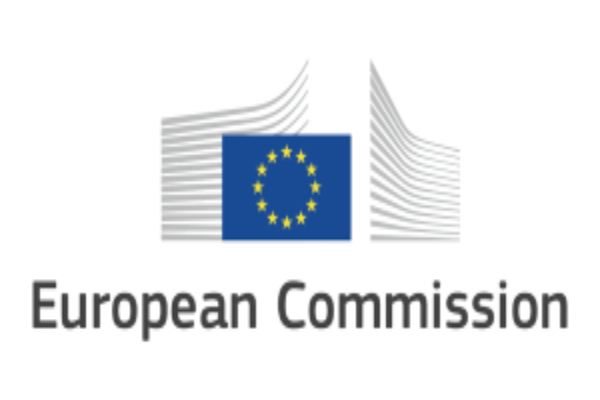The Commission proposals constitute the necessary legislative step to enact the EU's tariff reductions set forth in Section 1 of the EU-US Joint Statement

The European Commission is putting forward two proposals paving the way for the implementation of the EU-US Joint Statement of August 21, 2025. These proposals are the first steps in said implementation and ensure tariff relief by the US for the vital EU automotive sector starting retroactively from 1st of August.
These steps contribute to restoring stability and predictability in EU-US trade and investment relations, to the benefit of business, workers and citizens on both sides of the Atlantic.
The first act concerns a proposal to eliminate tariffs on US industrial goods and provide preferential market access for a range of US seafood and non-sensitive agricultural goods. The second one proposes to prolong the tariff-free treatment of lobster, now including processed lobster.
The Commission will continue to engage with the US to lower tariffs, including in the context of negotiations on a future EU-US Agreement on Reciprocal, Fair, and Balanced Trade.
The Commission proposals constitute the necessary legislative step to enact the EU's tariff reductions set forth in Section 1 of the EU-US Joint Statement. The Parliament and Council will now have to approve the two proposals under the ordinary legislative procedure before the EU's tariff reductions can enter into force.
In line with Section 3 of the EU-US Joint Statement, the US is expected to implement the agreed 15% US tariff ceiling to EU cars and car parts.
These tariff reductions from 27.5% to 15% are expected to be effective from the first day of the same month in which the European Union's legislative proposals are introduced, ie 1 August 2025. This will save car makers more than €500 million in duties that would otherwise have been paid for exports in one month only.
The US also committed to zero or near to zero tariffs on certain product categories for which only the most-favored nation (MFN) tariff will apply, starting on September 1 (unavailable natural resources, including cork, all aircraft and aircraft parts, generic pharmaceuticals and their ingredients and chemical precursors). Both sides have agreed to work on expanding this list further.
Subscribe to our newsletter & stay updated.